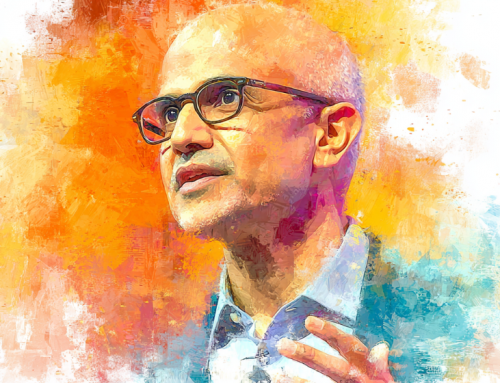Chatbots, Synthetic Data Save Time, Money in Medical Care and Research
One complaint the majority of us have regarding doctor visits is the time it takes to get seen. We all occasionally had to sit for an hour or so after our appointment time. The flip side of the issue is that after we leave, the doctor has to review and record his notes. That takes a lot of a doctor’s time from giving actual care.
Belle Lin with wsj.com writes that chatbots are expected to bring some relief to doctors in terms if medical note-keeping.
Startups offering the same kind of AI used by ChatGPT are making inroads into hospitals and drug companies even as questions remain over the technology’s accuracy.
Healthcare startups such as Pittsburgh-based Abridge AI Inc., whose product helps doctors write notes after seeing their patients, and San Francisco-based Syntegra Inc., which uses generative AI to create realistic copies of patient data for research, say their system will help doctors work better.
Abridge’s platform uses generative AI to create summaries of medical conversations from recorded audio during patient visits. That helps doctors cut down on the amount of time they spend on notes, which can add up to over two hours a day, according to Dr. Ator of the University of Kansas Health Systems.
Other startups like Syntegra are using generative AI to create so-called synthetic data, or fake versions of patient records that maintain the properties of the original, said founder and Chief Executive Dr. Michael Lesh. While synthetic data’s use in healthcare and medical research isn’t completely new, Dr. Lesh said Syntegra was the first to apply generative AI to create synthetic medical data nearly four years ago.
Syntegra’s technology is being tested by Janssen Pharmaceutical Cos., a drug company owned by healthcare giant Johnson & Johnson. But introducing the chatbot into their practice has put some doctors on edge. Chatbots occasionally “hallucinate” and errors in medical care are just not acceptable.
read more at wsj.com







Leave A Comment